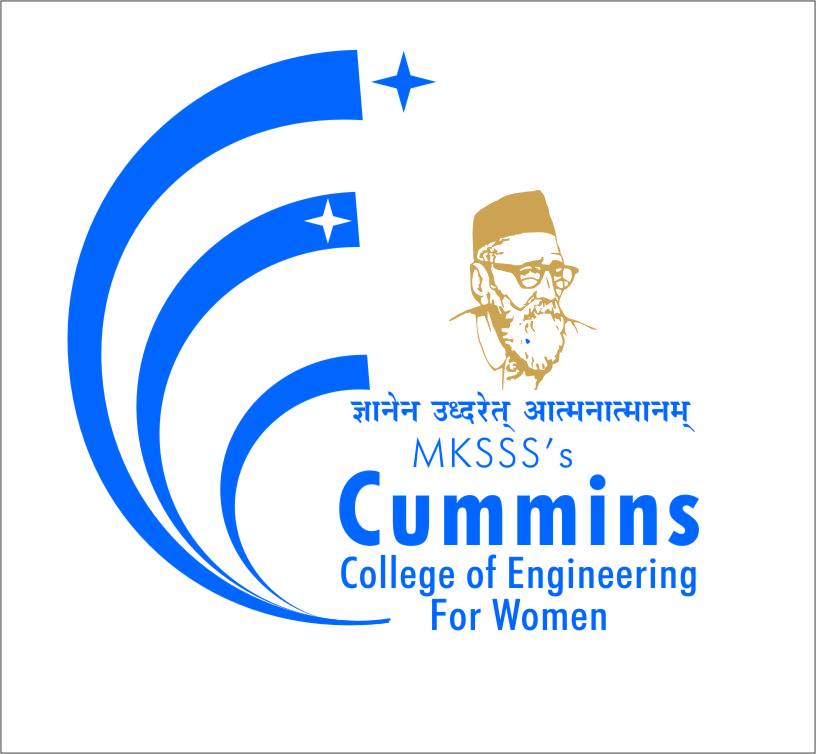IMPORTANT NOTICE: As of December 21, 2025, we will no longer provide the old free Moodle hosting plan with pre-installed plugins that your site currently uses.
After that date, all sites that use it and have not switched to a paid hosting plan will be migrated to the current free hosting plan (wihout plugins and with only 2 GB of disk space).
You can keep your current hosting by switching to a paid plan for only
$19.95 USD per month or
$219.95 USD per year (plus local taxes).
Skip available courses Available courses
Course
Outcomes:
By
taking this course, the learner will be able -
To
build the basic knowledge of operating system.
To
identify the process management concepts along with CPU scheduling
algorithms.
To
choose the memory management strategies.
To
build the file management concepts along with protection and
security features on various types of file.
To
make use of the knowledge of storage devices for disk management.
To
apply the concepts of Inter-process Communication.
Course Outcomes:
After completion of the course, students will be able to
1. Discuss the design principles of a given language or paradigm;
2. Describe distinguishing characteristics of declarative and imperative programming
language paradigms
3. Demonstrate different forms of declaration, typing, binding, visibility, scoping, and
lifetime management for various programming language constructs
4. Choose a language or paradigm suitable for solving a particular problem
5. Compare different programming languages from the point of view of their
underlying design principles
Course Outcome:
By taking this course, the learner will be able to:
1) Demonstrate and Make use of object-oriented principles for effective programming.
2) Construct readable and maintainable code using polymorphism.
3) Apply object oriented concepts of class, object creation and constructor for program
development.
4) Learn principles of code-refactoring and efficient code reuse for problem solving.
Course
Outcomes:
By
taking this course, the learner will be able -
1.
To Build the basic knowledge of operating system.
2.
To Apply the process concepts and compare the CPU scheduling
algorithms.
3.
To Analyze memory management strategies .
4.
To Apply the file attributes and different access modes on various
types of file.
5.
To Make use of the knowledge of storage devices for disk management.
6. To Examine the concepts of
Inter-process Communication.
Course Outcome:
By taking this course, the learner will be able to :
Make
use of object-oriented principles for effective programming.
Construct
simple programs using object-oriented programming language Java.
Explore
l anguages
design concepts for programming languages
Classify
different programming paradigms for application development.
